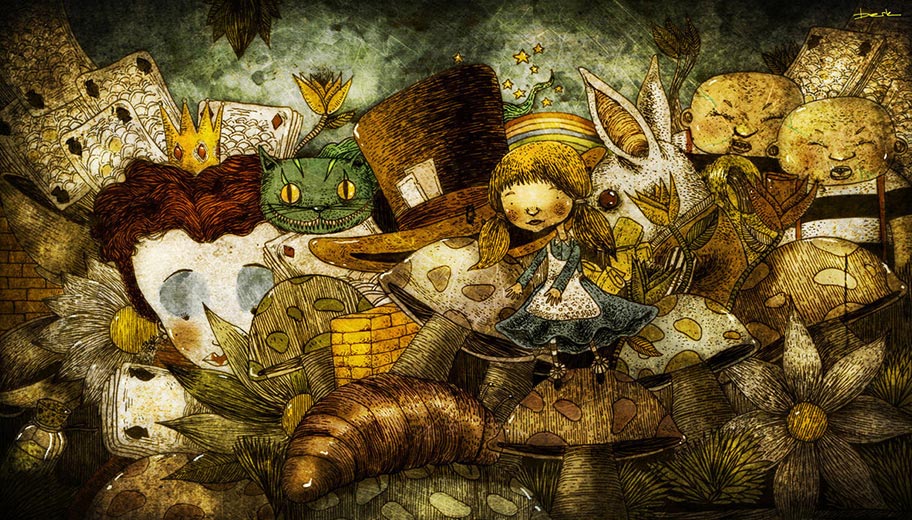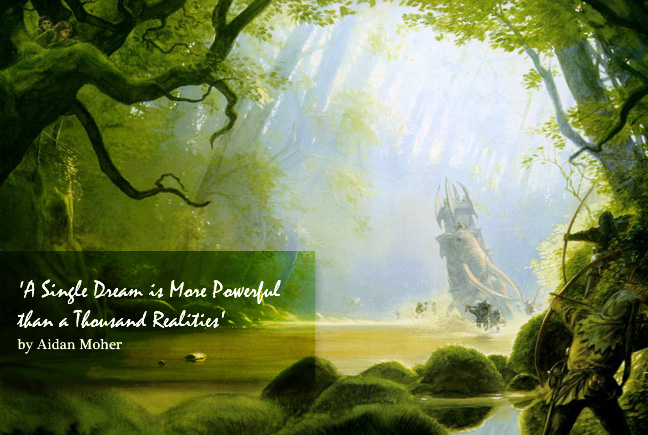When it comes to discussing the appeal of SFF and its various affiliated subgenres, escapism is an extremely relevant consideration. Given how strongly a pro-escapist perspective correlates with a pro-SFF perspective, and vice versa, the term has become a loaded one, such that a species of argumentative shorthand has developed around its usage. Thus: if escapism is a negative, then so too is the desire for escape, casting those who seek or enable it as naïve, childish daydreamers disconnected from reality. If escapism is a positive, then the pursuit of escape is a noble one, allowing us to transcend the limitations of what is in favour of embracing what could be. Though ostensibly a tried and true dichotomy, the term is ultimately inaccurate in this context: the escapist/realist schism is a false binary, not only because the presence of one element doesn’t preclude the presence of the other, but because both escapism and realism are subjectively realised states, not objective truths.
If escapism is a negative, then so too is the desire for escape, casting those who seek or enable it as naïve, childish daydreamers disconnected from reality.
Despite this fact, the fallacy remains a popular one, both at the external level (SFF is less realistic than straight fiction, and therefore less worthy) and the internal level (aspirational fantasy is less realistic than gritty fantasy, and therefore less worthy). Which isn’t to say such conversations are wholly without merit; indeed, a great deal of useful dialogue is spawned by them. It’s just that, at a fundamental level, there’s a tendency to hark back to an either/or that doesn’t exist, but to which we’ve historically ascribed inordinate importance. By definition, all fiction contains elements of escapism and realism, in that it both includes untruths and, being born of reality, is necessarily tethered to it – the only mitigating factor here is the ratio of truth to lies, and given the wildly divergent ends to which fiction can be turned, to say nothing of the myriad possible interpretations of truth, there’s hardly a rule of thumb for determining even that much with any degree of accuracy. The question of whether escapism constitutes a positive or negative force in SFF has nothing to do with its presence, therefore, but rather with the twofold matter what it is we’re escaping from and into. Read More »


